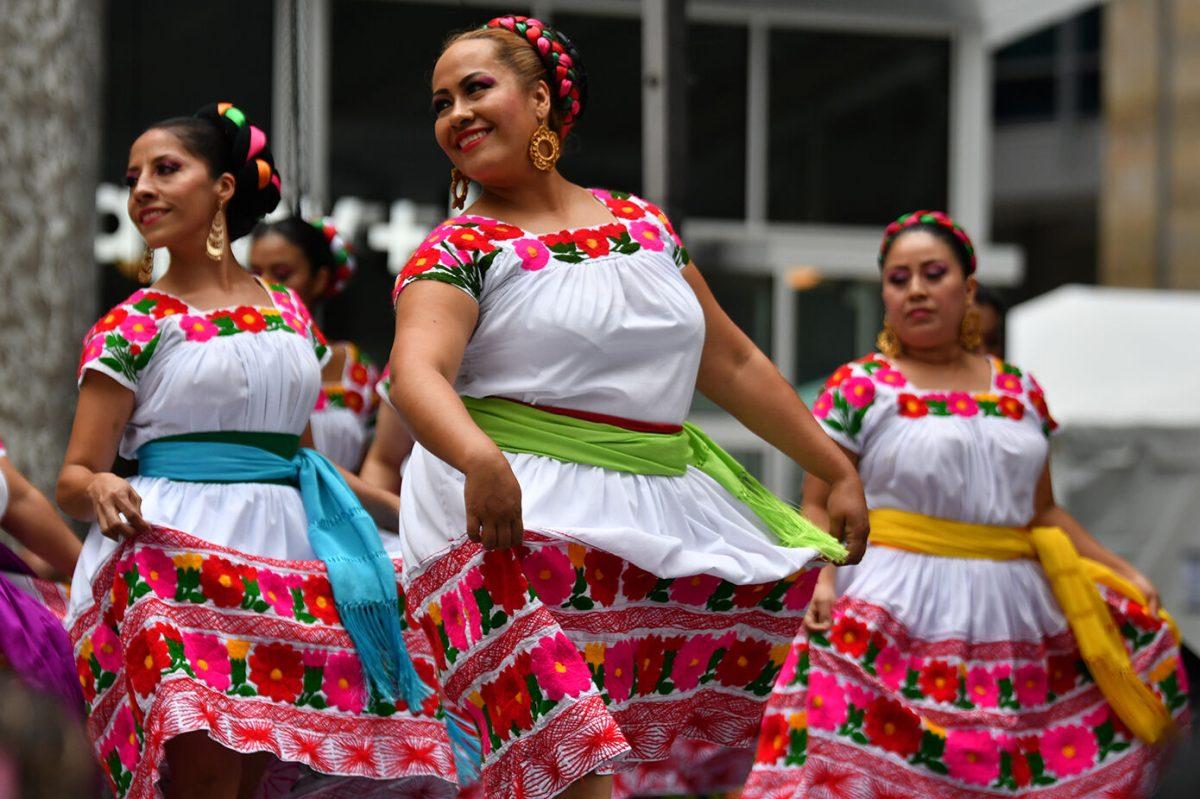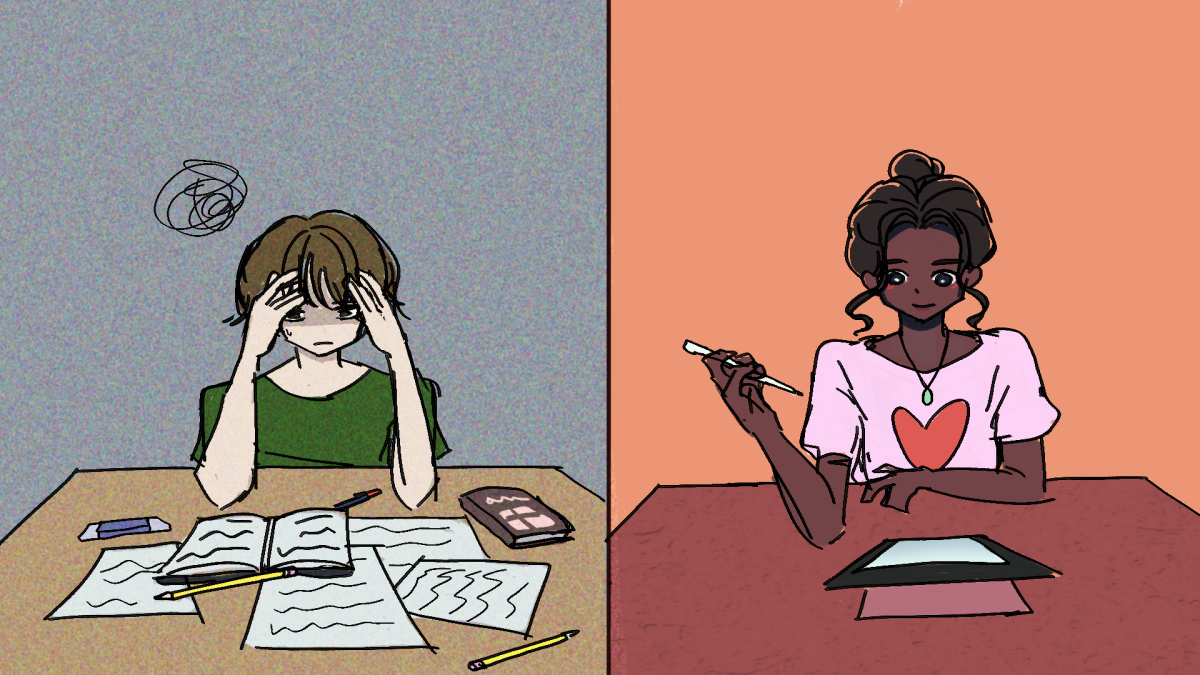La Fiesta del Pueblo transformed the streets of downtown Raleigh into a festival of Latinx heritage full of diversity and inclusivity.
The annual event was organized by El Pueblo, a nonprofit dedicated to serving the Latinx community, and encompassed four blocks on Fayetteville Street, accessible to NC State students and the Raleigh community.
Transcending borders and uniting communities with culture, music and flavors, the festival has become a cultural cornerstone in the city each year.
Nicole Lopez Vargas, a community organizer for El Pueblo, said La Fiesta del Pueblo started in 1994, when Latinx leaders in Chapel Hill recognized a lack of celebrations that reflected their heritage.
“This is our 29th Fiesta,” Vargas said. “[In 1994] Latino leaders in the community saw a gap. … They didn’t, you know, see any celebrations for them. And so they decided to host a big fiesta, which means party, in Chapel Hill.”
Vargas said after the first Fiesta, the event gained traction, and a year later, they decided to form El Pueblo.
“They realized, let’s not just make something that’s celebratory,” Vargas said. “Let’s also give back to our community, and they formed El Pueblo, which literally means ‘The town,’ but it also means ‘The people.’ So El Pueblo is the people of our community.”
Since its creation, La Fiesta del Pueblo has grown in size and significance. It’s not just a fiesta, it’s a platform for cultural exchange.
With Latino-owned businesses offering an array of cuisine or crafts and non-profits distributing valuable information and resources to the community, the selection process of vendors and performers ensures diverse representation from various Latin American countries. One of the most anticipated bands of the day was Banda Zeta.
“We had to choose the band [La Banda Zeta] a few months ago,” Vargas said. “They are a regional band from Mexico. … We were very intentional about choosing performers that represent different countries. There’s one from Peru, a folkloric Mexican group and there’s one from Puerto Rico.”
This year’s Fiesta focuses on “orgullo,” which means “pride” in English. The theme aims for the community to openly embrace their culture and identity.
“Our pride in who we are I think is one of the most important parts of embracing our culture,” Vargas said. “It’s because of that pride, that existence, the resistance to succumbing to the fears, succumbing to sometimes the pain of the immigrant experience, of generations of culture passed down. Who wouldn’t be proud of that?”
Gloria Cortez, a member of Danza Guerreros Quetzalcoatl de Durham, said being in La Fiesta for the first time is a way to share and extend pride in their culture.
“We basically just came to represent our culture in a way where people don’t really see much of,” Cortez said. “People know somewhat, but not in-depth. We just try to bring our culture back into the community.”
Mercy Villejas, a volunteer of five years for El Pueblo, said she most enjoys the different cultures and people coming together.
“[Mi parte favorita de La Fiesta es] estar con nuestra gente,” Villejas said. “Me gusta mucho esta actividad porque estamos reunidos todos celebrando nuestra cultura, celebrando de dónde somos. El tema de este año es el orgullo. Sentirnos orgullosos de nuestras raíces, sentirnos orgullosos de lo que hemos logrado fuera de nuestra tierra. … Compartir con las personas que nos hace sentir unidos a pesar de ser de diferentes países.”
The above quote translates to: “[My favorite part of La Fiesta is] being with our people,” Villejas said. “I really like this activity because we are all gathered together celebrating our culture, celebrating where we’re from. This year’s theme is pride. To feel proud of our roots, feel proud of what we have achieved outside of our land. … Sharing with people makes us feel united despite being from different countries.”
The festival also highlights culture through sampling authentic foods and enjoying performances by artists like Sociedad Anónima, Banda Zeta and Banda Los Guanajuatenses. The vendors also consist of local artisans that showcase their handmade jewelry, adding to the festival’s vibrant atmosphere.
Adriana Velasquez, a Spanish teacher at Raleigh Charter High School, is from Colombia and said she looked forward to the food, culture and vendors present.
“We wanted to learn a little bit more about different Hispanic cultures,” Velasquez said. “The food [and] the handmade stuff is very nice — so unique and so valuable.”
La Fiesta del Pueblo is more than just a festival — it’s a celebration of Latinx culture, a platform for empowerment and a demonstration of unity and pride.




